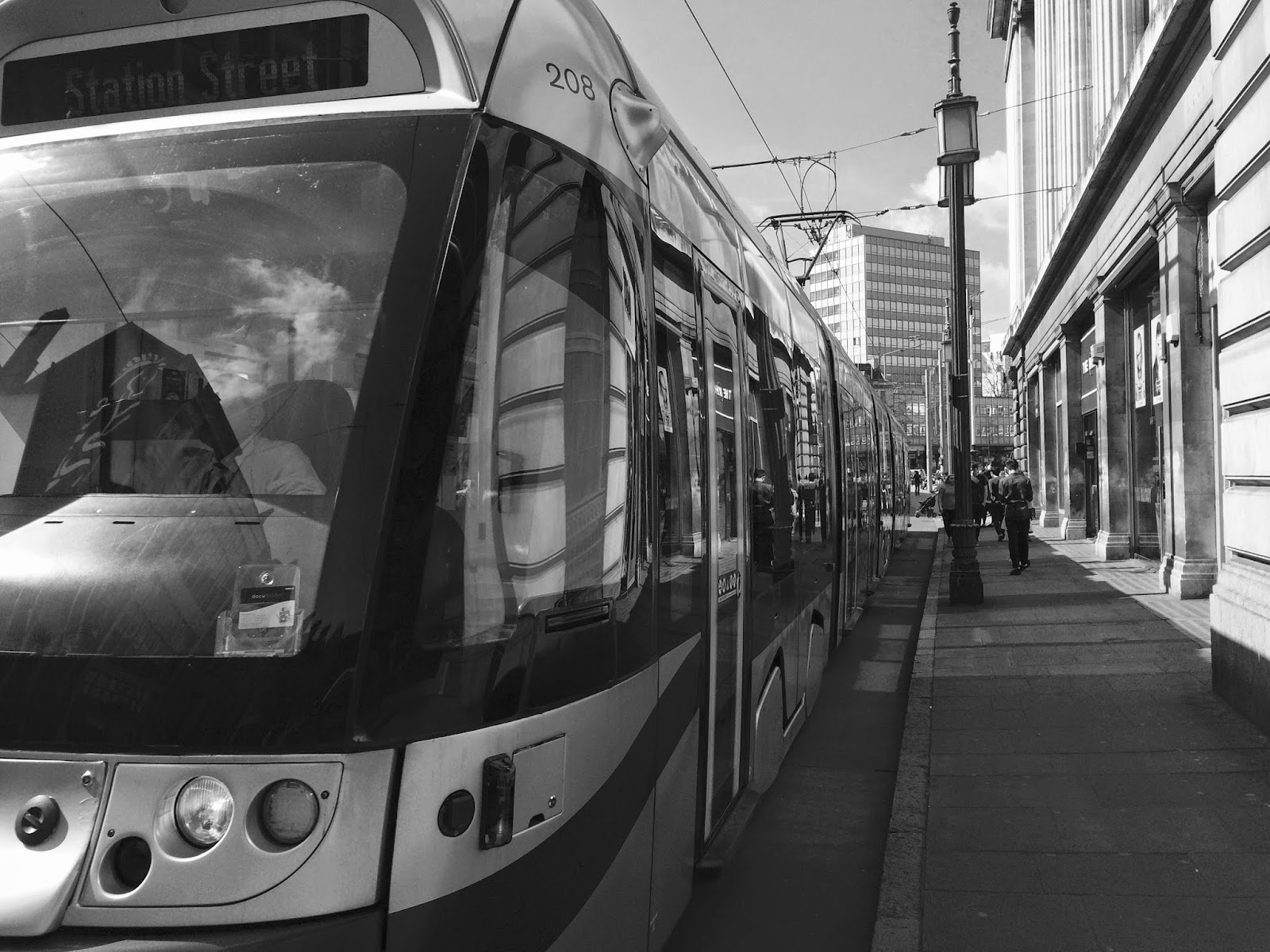The chilled laddo with the hint of a ginger beard looked as though he
knew what he was doing as he geared up for his parkrun this morning. Yet something
about the way he looked around suggested this was a fresh experience.
It transpired that, although a first timer at this nice
flat parkrun at Rushcliffe Country Park, he was more familiar with the
Devon-flavoured version of the event at Woolacombe Dunes. En route to watch the cricket, he’d just stopped off to
take part in one of Nottinghamshire’s 12 parkruns. Although Devon’s “one continuous lap
on a mixture of stone tracks, sand dunes and beach” sounds picture-postcard,
I’m told it is one of the toughest routes in the UK. If you’ve ever run
through sand, you’ll know why.
That’s the thing about parkrun - the 'free, weekly, 5km timed runs around the world' - once you sign up and get your treasured 'bar-code for life', you can turn up anywhere and just join in –
regularly or occasionally. The other point is that everyone
at parkrun has their story. For some, that story is short; for others it’s a heavy
novel.
You see the wiry teen with his gangly legs, alongside the
portly chap with a mid-life crisis. The woman who takes part just so she sees
her friends every week; to the one whose doc suggested she really out to be
doing a tad more exercise. The bloke fighting back to health; to the woman
using the parkrun to prepare for a sponsored half-marathon she’s planning in
memory of a dear friend.
Like so many pasty-legged participants, I suspect, I was the sort of lad
who was only reluctantly selected for football teams in school games lessons. A
snotty-nosed lad called Adrian and I would always be last to be picked, and only when all
other options had been exhausted. I hated PE. Deliberately forgot my kit for
Games. Forged notes from my mother. And, whilst generally active these days and a fast walker by virtue of sheer impatience,
I hadn’t come close to a pair of track suit bottoms ever in my life before turning
up at my first parkrun last November.
However different the motivations, the spirit is shared.
Everyone wants to achieve something, and whilst a run not a race, the pace of those
around you makes sure you really do strive for your personal best.
You can smell the spirit of generosity. Newcomers or loners are welcomed; there's a jolly briefing just before lift-off; and, as I found out one week,
if you injure yourself along the way, everyone makes sure you are not about to
die, regardless of the cost to their own run time. Frankly, if the country were
run exclusively by parkrunners, it would be a nicer place.
One friend of mine suggested he couldn’t be doing with the
camaraderie and I assured him that some mornings, I barely acknowledge another soul.
You can be as sociable or miserable as you wish - although you do have all the excuses a Brit needs to strike up a conversation with randoms should you wish. And it's certainly no beauty contest - everyone's face looks angry when they're running.
Some run alone, determined, head down; others chat with friends.
Some hold their beloved terrier on a short lead – and others run with their children.
I suspect the determined little lad running alongside his dad - and overtaking me at some speed - will adopt that same focus with whatever he does in life. Another littl’un was
rather enjoying being pushed along at great speed in the sort of sporty
pushchair I always wish I’d had.
At the rear of the throng plod a few cautious participants
for whom 5k is a mountain, accompanied routinely by smiling volunteer tail runners, ensuring
all is well. Although their times may be amongst the slowest, their sense of victory at the end will be of Everest proportions.
A prompt email afterwards lets you know the precise duration of your suffering. Whilst this is a run and not a race, you can, if you wish, see
how well you are doing against those your age. There is always some cheer to be had from your
own achievement.
It’s free too, thanks to sponsorship from the likes of Vitality health and life insurance,
with which I have no connection, but I’m asking for a quote to recognise their contribution.
Parkrun manages to strike the balance between being sufficiently
well-organised so that everyone knows what they are doing and remains safe - and yet casual
enough not to scare the hesitant newcomer. Little wonder these seriously informal
events attract over 2m runners around the world, with 330 runs on Saturday mornings across the UK.
If you peer down at a stomach which used to be a different
shape, make noises when you tie your shoelaces, can’t fit into things in your
wardrobe and truly hate the thought of exercise or joining in anything, parkrun is for you. Be careful though, it’s addictive.
David Lloyd
I usually write about radio matters. I know more about that than running.




















.jpg)
.jpg)

.JPG)

.JPG)
.JPG)


.jpg)





